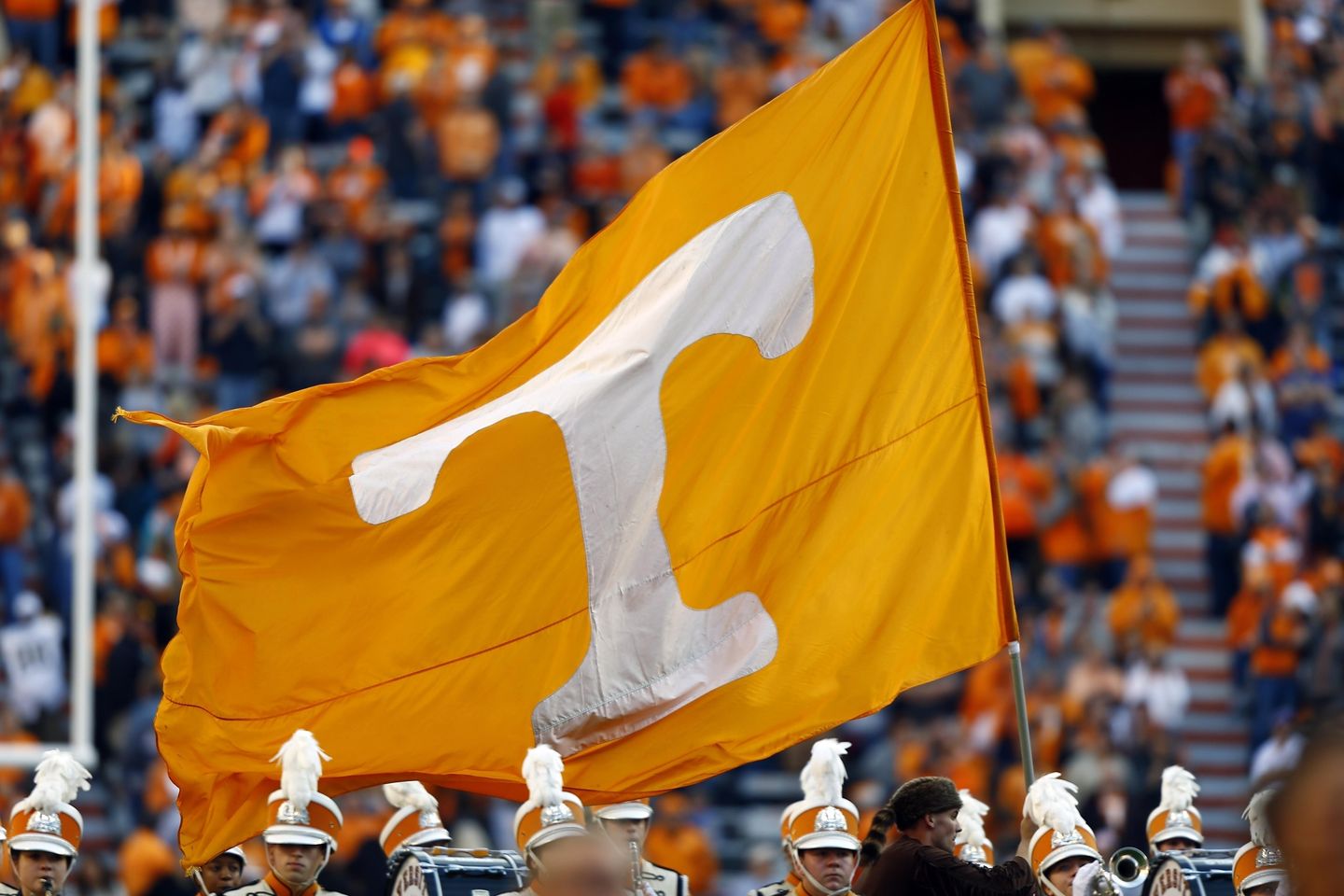The NCAA has recently announced that they will be halting investigations into booster-backed collectives or other third parties that are making name, image, and likeness compensation deals with Division I athletes. This decision comes after the NCAA suffered another loss in court, highlighting the challenges they face in enforcing their rules regarding athlete compensation. The NCAA’s previous efforts to regulate name, image, and likeness deals have faced legal challenges, with some arguing that athletes should have the right to profit from their own image and brand.
The NCAA’s decision to halt investigations into booster-backed collectives and third parties making compensation deals with athletes is a significant shift in their approach to regulating athlete compensation. This decision signals a recognition that their current rules may not be enforceable in the face of legal challenges, and that they may need to reevaluate their stance on name, image, and likeness deals. By stopping these investigations, the NCAA is essentially acknowledging that they are unable to effectively police these types of transactions and that they may need to reconsider their approach to athlete compensation.
This change in policy comes after the NCAA suffered a courtroom loss, which likely influenced their decision to halt investigations into booster-backed collectives and third parties making compensation deals with athletes. The NCAA has faced legal challenges to their rules regarding athlete compensation in the past, with some arguing that athletes should have the right to profit from their own image and brand. This recent courtroom loss may have prompted the NCAA to reassess their stance on name, image, and likeness deals and to consider alternative approaches to regulating athlete compensation.
The NCAA’s decision to halt investigations into booster-backed collectives and third parties making compensation deals with athletes could have significant implications for the future of athlete compensation in college sports. This decision may open the door for more athletes to seek out name, image, and likeness deals with third parties, potentially leading to a shift in the way athletes are compensated for their talents. It remains to be seen how this decision will impact the landscape of college sports and whether it will prompt the NCAA to reconsider their rules regarding athlete compensation.
Overall, the NCAA’s decision to halt investigations into booster-backed collectives and third parties making compensation deals with athletes reflects a recognition that their current rules may not be enforceable in the face of legal challenges. This decision may have significant implications for the future of athlete compensation in college sports and could prompt the NCAA to reconsider their approach to regulating name, image, and likeness deals. It will be important to monitor how this decision impacts the landscape of college sports and whether it leads to changes in how athletes are compensated for their talents.









